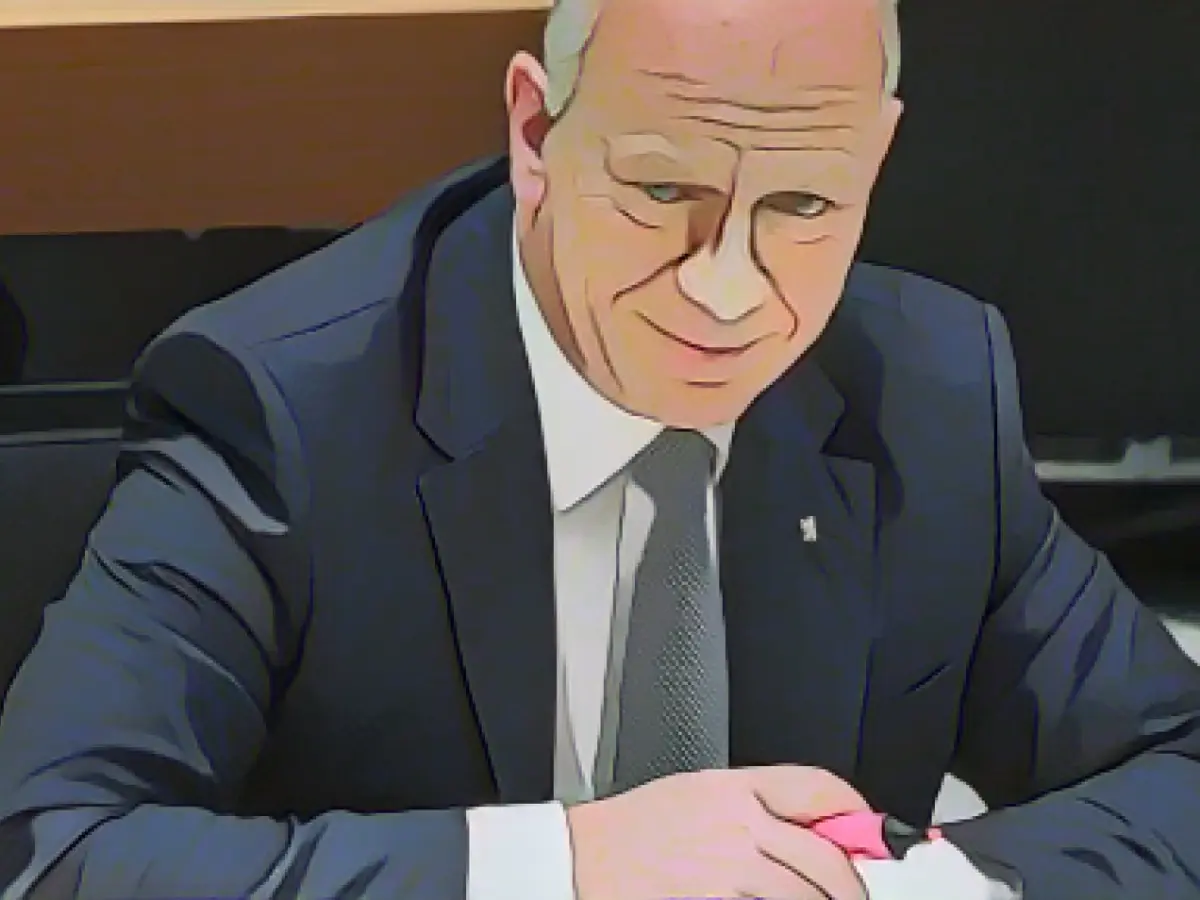Reforming the Debt Brake: A Necessity for Berlin and Beyond
Despite the agreement made by the traffic light coalition on a constitutional federal budget for 2024, Berlin's Governing Mayor, Kai Wegner (CDU), continues to push for the reform of the debt brake, facing criticism from his party leader, Friedrich Merz. In Wegner's perspective, investments in the future are an "absolutely necessary" expenditure that neither Berlin, other federal states, nor the federal government can afford from the budget.
Cluster of Challenges Requiring Investment
The investment backlog in Germany is colossal, with areas like transport routes, bridges, schools, police stations, and fire stations in dire need of refurbishment. As a result, the country is also facing issues in attracting and retaining companies, especially in eastern Germany, as well as facing challenges in climate protection, transportation transitions, and housing construction. All these expenses come with a hefty price tag. "All of this costs a lot of money," Wegner acknowledges.
Wegner's Focus on Sustainable and Long-Term Investments
Wegner's approach to investment is not focused on short-term election gifts in the realm of consumption. Instead, his priority is the existentially critical investments that Germany needs at the present moment. Wegner is adamant that the debt brake must be reformed, not to provide gifts for consumption without lasting benefits, but to tackle the investments that are vital to the country's future.
Understanding the Debt Brake and its Controversy
The debt brake, enshrined in the German Constitution, prohibits federal and state governments from incurring new liabilities in their budgets, except for certain exceptions. However, the regulation has been questioned by the SPD, Greens, Left Party, trade unions, and some economists in the context of the federal budget crisis.
Criticism and Support for Wegner's Position
Merz has explicitly positioned himself against the debt brake reform and criticized Wegner for advocating for it, which is also shared by other CDU state leaders. Despite Merz's opposition, Wegner has made it clear that he will not shy away from voicing his stance on this crucial issue. To demonstrate the state's ability to act, Wegner sees the reform as a medium-term goal, with clear regulations on debt repayment as part of the package.
Short-term Solutions to Address the Financial Gap
Wegner supports proposals for a future or investment fund secured in the Basic Law, similar to the special fund worth billions for the Bundeswehr established after the war in Ukraine, as a short-term solution to address the financial problems for the federal and state governments.
Effective Dialogue and Collaboration for a Joint Solution
As the country continues to navigate the complexities of the debt brake debate, Wegner emphasizes the importance of effective dialogue and collaboration. In his view, it is essential for political parties and leaders to work together and offer joint solutions, especially in light of the eroding trust from many people in both political parties and democratic institutions.
By elevating the debate over the debt brake reform and insisting on the need for concerted action, Wegner hopes that the German government will demonstrate its ability to address the country's pressing challenges. The reform, with clear regulations on debt repayment, is viewed by Wegner as a central opportunity to prove that the state is capable of taking action in the face of financial pressures and mounting expectations from the electorate.
Sources:
Enrichment Data:
The debate about the debt brake reform in Germany is multifaceted with strong opinions on both sides of the issue. The German Constitution enshrines the debt brake as a limitation on the structural net borrowing of the federal government, making it not exceed 0.35% of gross domestic product (GDP). Still, some parties, including the Social Democratic Party (SPD), the Green Party, and certain economists, have voiced their support for reforming the debt brake to allow for higher levels of borrowing to address budget deficits and finance public spending. However, others, like the Christian Democratic Union (CDU), argue against relaxing the debt brake to maintain fiscal discipline while ensuring long-term economic stability.








